We might be living with a stranger. We talk about it all the time. We fight it, we shun it, but unconsciously seek it; and yet, it shapes us, it makes us succeed, sometimes it makes us sick. Do we really know what stress is? And how does it affect our brain and the rest of our body? And above all.. How does it affect the way we interact with our children, and their growth? A mini-series to drop some prejudice and better understand how stress is a part of our lives – from pregnancy to birth and to adulthood.

Table of Contents
Stress, this unknown beast
If I say “stress”, you immediately think about working deadlines, sleepless nights, getting stuck in traffic just before an important appointment.
And then, the derived diseases, the tiredness, the evils of our times.
Almost no one thinks a baby can be stressed out, right? Much less a newborn. Or that you can be too little stressed. And yet..
My first relationship with stress went through tummy aches. Which is nothing unusual, right? When my children tell me whimpering “I have tummy ache”, after discarding the dreaded hypothesis of a stomach flu, my mothering instincts go to “is there something bothering you?“
This silent life companion has manifested itself slowly and subtly through body signals that I, most of the time, have ignored.
Ever happen to take a pain-killer without changing anything else in your life? Except for then seeing the symptom reappear a short time later?
When I managed to hold off my tummy ache, and I thought I’d won my fight against the evil stress, the back ache appeared..
Maybe that’s why we ignore stress most of the times. It’s actually easier than going to dig, understand and then, try to change..
What is stress: the symptoms
Here are some “symptoms” that could put you on guard: if you..
-
Eat very quickly
-
snack between meals
-
Feel that your physical space (your room or your home) is too cramped
-
Often have headaches or heartburn
-
Suffer from back pain
-
Often find yourself breathless
-
Have trouble sleeping
-
Forget things
-
Cry easily
-
Sweat without reason
(Non exhaustive list !)
If for you conflict is a source of stress, take advantage of this poster!
A series dedicated to stress
A couple of years ago, at the height of my back pain, I followed a course about babies’ mental health. The introductory part was dedicated to the composition of the brain and its main reactions.. and therefore, stress on the adult and its effects on infants.
I thought I’d be bored to death, and instead I found out
-
I didn’t know so much about stress
-
That these are very interesting topics, and above all, that concern us all.
And that’s why I decided to dedicate a series of articles to the topic:
-
What is stress and how we can manage it
-
5 Sentences you must repeat to yourself to fight toxic stress
Why is it important to know more about stress, especially if you are a parent?
Certainly because living with children can be stressful (you need to modify your whole ecosystem, let’s talk about finding balance!)
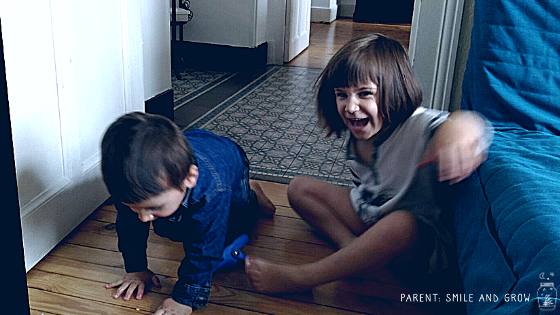 And if we don’t learn to understand what it is that stresses us, and how we can manage it, we will have difficulties in dealing with certain situations.
And if we don’t learn to understand what it is that stresses us, and how we can manage it, we will have difficulties in dealing with certain situations.
Also, because a “stressed out” parent has less resources to help his children learn to manage stress on their own. With more or less important consequences.
Better understanding what stress is
I distinctly remember a lecture at the university where it was said that a certain level of stress is positive. I was a little incredulous, I admit. I thought it wasn’t for me.
It helps you focus! I’d rather spend hours and hours on my books
A little bit of stress pushes you to do better! I don’t need it, I’m a tough head anyway
And then, stress brings disease. Isn’t it better to take less challenges and live longer?
It’s always a matter of balance: too little stress is not good, too much is bad; but the “right” quantity is not the same for everyone, all the time either.. There’s no magic, clear formula!
You may also be interested: let’s stop looking for balance, it doesn’t exist!
While I was writing this article, I went to retrieve the old book on which I studied then. There was a test to measure the personality type and the corresponding stress propensity (I’ll bring it back below).
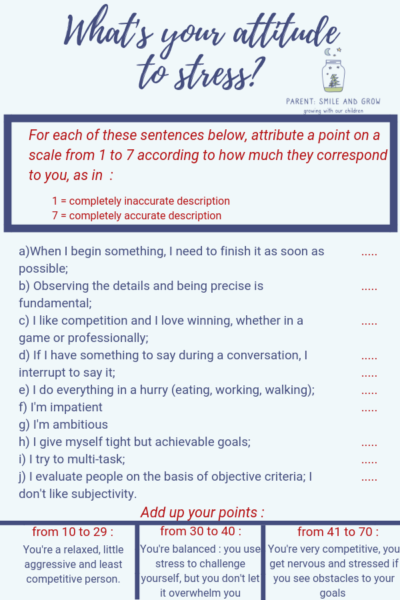
I tried to do it again, and I compared my results today with those of (ouch!) 15 years ago. Needless to say, I’m not the same anymore!
Maybe, over time, I’ve learned to adapt to stress at least a bit. (It’s called resilience!)
Definition: What is stress?
When we, regardless of our age, are exposed to any internal or external element that offsets our equilibrium, our body reacts both biologically and psychologically.
The type of reaction depends on our perception of the event or the stimulus (also called stressor).
#1: Stress is not the same for everyone
It has recently been discovered that our brain remains plastic in the course of our lives, and in the same way, even our aptitude to stress changes.
Not only do we all react differently to the same event, but we ourselves change our aptitude throughout our lives.
(Which explains why the results to the test I took 15 years ago are very different from today’s.
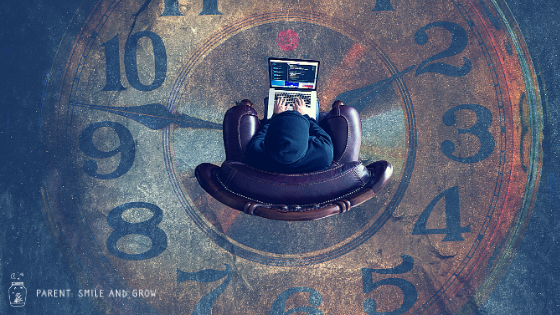
#2: Stress is also an opportunity
Stress is a psychological we incur when we perceive we don’t have the proper resources to cope with a given situation, which usually represents:
-
An opportunity
-
A limitation
-
A request whose resolution is important but uncertain
And so it can be positive if it pushes us to go out there and find the resources we lack!
#3: Stress, brain and body work together
When our balance breaks, it is the hypothalamus that is put on alert.
The hypothalamus is a part of our brain that has different functions.
The main one is the maintenance of homeostasis – that is, our physiological and psychological balance.
It regulates:
-
Temperature
-
Sleep cycle;
-
Feeling of hunger and thirst;
-
Blood pressure
-
Secretion of different hormones, including oxytocin.
To simplify, when a stressor changes our balance, the hypothalamus sends a signal to the amygdala; this in turn verifies previous experiences and decides whether to consider the stressor as a threat.
The two stress management systems
There are two main systems to respond to the alert:
-
-
The Sympathomedullary system – let’s call it SAM. This system handles the responses to acute stress, with “fight or flight response”
-
The hypothalamic-pituitary-adrenal axis (also called HPA) manages the responses to chronic stress
Some contents or functionalities here are not available due to your cookie preferences!This happens because the functionality/content marked as “Google Youtube” uses cookies that you choosed to keep disabled. In order to view this content or use this functionality, please enable cookies: click here to open your cookie preferences.
In short, the reaction will be different if you stand in front of these situations:
-
A high-speed car that’s about to hit you,
-
You’ve been sleeping too little for days, and your son cries incessantly in the middle of the night;
-
You see your daughter climbing up a stool and lean out the window;
-
During a critical period at work, your children reply they won’t help you set up the table ’cause they don’t have to.
To name a few.
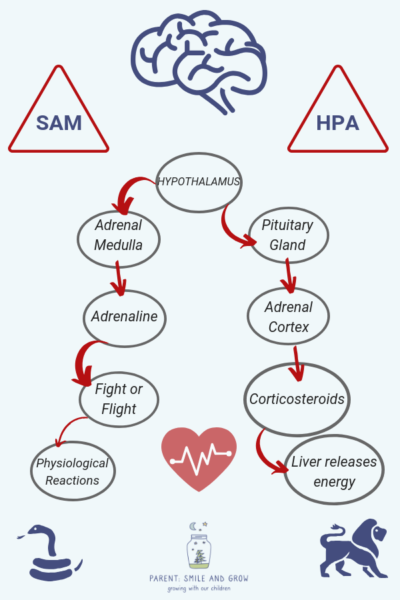
Our 2 systems to manage stress : acute vs chronic stress What is acute stress: our friend SAM
Let’s take one of the examples above. While you’re talking to a friend, you see with the corner of your eye that your son is dangerously leaning out of the window.
The amygdala alerts the hypothalamus, and before you know it, you raced faster than an Olympic athlete, you smile softly to your son because you still safely take him in your arms right the moment he was about to fall.
And only then, do you realize the extent of what could have happened and you wonder how you could react so quickly.
Connected: the brain and the role of our emotions
#4: Stress makes you more performing…
What exactly happened?
-
The hypothalamus alerts the adrenal medulla
-
The adrenal medulla produces adrenalin (or epinephrine). This is a hormone, that is, a chemical that controls and regulates the activity of some cells or organs.
-
Even before the adrenaline comes into circulation, the muscles make use of a special energy reserve (called adenosine triphospate, ATP) to act more quickly
-
The adrenaline circulating has other physiological effects such as:
-
Sugar Release
-
Increased heartbeat
-
Dilation of the lungs to get more oxygen
Now that you see your beautiful baby smiling in your arms, take a deep breath and everything comes back as before.
This process is called “fight or flight” reaction – it is a very primitive type of reaction that did probably save many of our ancestors from different dangers.
-
#5:.. Sometimes even too much!
The downside is that today, even though we have less imminent dangers, we still use this automatic reaction of our reptilian brains; Even in situations where we would instead need to remain calm and take a deep breath..
For example, if your child behaves “badly”, it’s not so useful to yell at her in turn.
Connected: how cuddles help you manage a stressful situation
What is chronic stress: the HPA
Let’s say that you have been in a lack of sleep for days now, that at work you have an important deadline, and that your son wakes up in tears just when you had just fallen asleep.
What happens in this case?
In front of a stressful event, the HPA secrete a hormone called cortisol. This hormone serves to break the amino acids into sugars, and thus allows us to have longer-term energy to respond to the situation.
#6: The cortisol is not all bad
We always have a little cortisol in circulation.
We have a cortisol peak around 8 a.m., which should help us to get started in the morning; While the lower level is around 4 o’clock at night (which explains why getting up at that time is particularly difficult).
Our body needs about 20 minutes to put cortisol in circulation, which tells us why this kind of response is not good for emergency situations such as a beast’s attack.
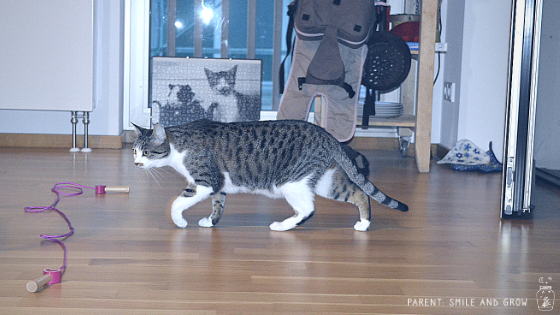
Did you say fierce beast? (stress is relative) In the case of an important deadline at work, that’s what allows us to “give our best”, focus and accomplish the project.
The problem arises when the stressful situation doesn’t resolve, and the level of cortisol remains high for a long time.
Some contents or functionalities here are not available due to your cookie preferences!This happens because the functionality/content marked as “Google Youtube” uses cookies that you choosed to keep disabled. In order to view this content or use this functionality, please enable cookies: click here to open your cookie preferences.
The effects of high cortisol
Too much cortisol in fact causes :
-
Sleep disorders
-
Altered blood sugar levels
-
High blood pressure
-
Reduced cognitive abilities
-
Lower bone density
And that’s why “too much stress” hurts us and is related to the onset of different diseases.
Again, it’s all a matter of finding the right balance! Challenges that are a little beyond our comfort zone stimulate us; while sustaining rhythms that don’t take into account our primary needs leads us to suffer.
The next time you find yourself responding badly out of nothing; That you feel some heartburn or with a short breath even if you are sitting at your desk, try to rethink this pattern and ask if maybe, you’re pushing too hard !
Resources to deepen what is stress and how to use it in your favor
Note: The suggested readings are either books that I have personally loved, or that inspire me and I would like to read myself. Links to Amazon.com are affiliates links: it means that if you click and make a purchase, I perceive a small commission at no extra cost to you.
To work on your stress level, I recommend this book, which is very similar to the one from which I drew inspiration (and that hasn’t been translated into English yet): The Stress Management Workbook: De-stress in 10 Minutes or Less
; I also put on my wish list “The Upside of Stress: Why Stress Is Good for You, and How to Get Good at It” by Kelly McGonigal.
One of the decisive keys to dealing with “stress” is to work on perceptions, precisely because they are subjective, and therefore, modifiable and under our control. Which doesn’t hurt!
I would start from this consideration: it is not an inevitable condemnation to remain “victims” of stress; just as not all the stress is bad.
Next week we’ll go a little further with the exploration! In the meantime: what events or situations put you under stress? What about your kids? How does your relationship with others change when you are overly stressed? Leave a comment!
Other sources
- “Emotional Intelligence 2.0” by Travis Bradbury
-
“The Stress-Proof Brain: Master Your Emotional Response to Stress Using Mindfulness and Neuroplasticity“, by PhD Melanie Greenberg
-
A deeply comprehensive article about stress management, with lots of awesome infographics and a ton of useful information, by Groom & Style. You don’t want to miss it!
-
The Stress Management society offers great advice and lots of useful resources
-
This is another useful article describing stress, why it happens and how to manage it
-
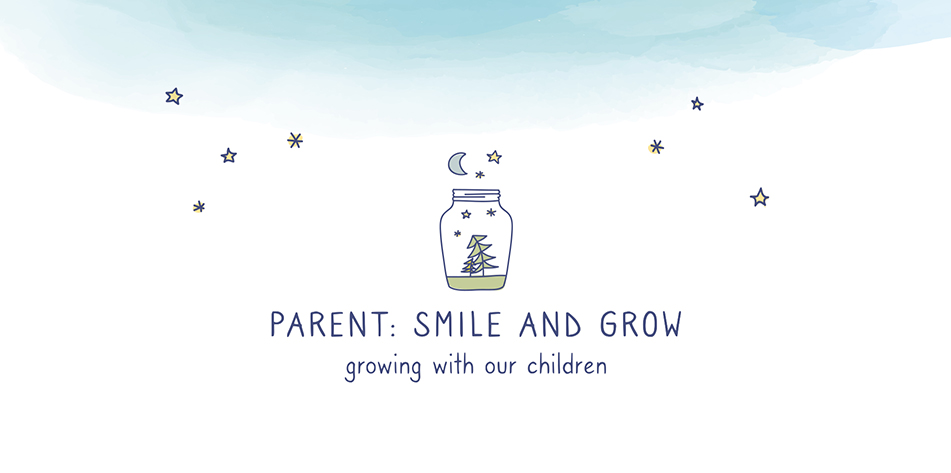




Stress arises from real-life issues with relationships, work, illness, money matters and the often overwhelming pace of our lives is not the sort of major problem that merits seeking professional help. I read your blog thoroughly and it was very helpful. Thank you for posting this blog.